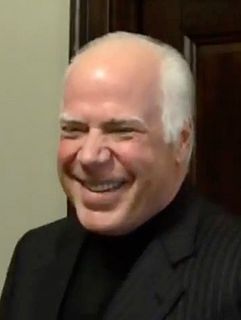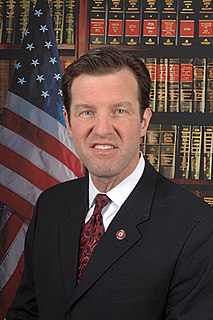A Quote by John Sununu
I do not support raising the minimum wage, and the reason is as follows. When the minimum wage is raised, workers are priced out of the market. That is the economic reality that seems, at least so far, to be missing from this discussion.
Related Quotes
[E]conomic liberty and creative entrepreneurship are the basis of any solution to today's social and economic difficulties. Blaming business, setting wages, and attempting to run the economy by decree from Washington only exacerbates the problems. Consider the minimum wage. It seems so simple: Tell business to pay its workers more. But a hike in the minimum wage is essentially a tax, punishing precisely those companies that hire workers with the least skills.
I was on the committee that helped raise the minimum wage here in Seattle. I introduced a statewide bill to raise the minimum wage in Washington state my first year in the state senate, and I really believe that raising the federal minimum wage, while not the answer to everything, addresses a lot of the issues at the very bottom.
Minimum wage laws tragically generate unemployment, especially so among the poorest and least skilled or educated workers... Because a minimum wage, of course, does not guarantee any worker's employment; it only prohibits, by force of law, anyone from being hired at the wage which would pay his employer to hire him.
A minimum-wage law, a law that prevents employers and employees from entering into mutually beneficial economic exchanges, is as far from a free market or free enterprise as one can get. That's why it causes so much damage and destruction, especially to black teenagers and others whose labor, for one reason or another, is valued by employers at less than the government-established minimum wage.
[A] family with two kids that earns the minimum wage still lives below the poverty line. That's wrong. That's why, since the last time this Congress raised the minimum wage, 19 states have chosen to bump theirs even higher. Tonight, let's declare that in the wealthiest nation on Earth, no one who works full-time should have to live in poverty, and raise the federal minimum wage to $9 an hour.
Raising minimum wage doesn't just benefit the workers behind me, it creates a proven ripple effect that increases wages all the way up the scale. ... Let's get the facts straight, only 20 percent of people making the minimum wage are teenagers. The rest are hardworking adults, many of them with families, and I mean hardworking.

































